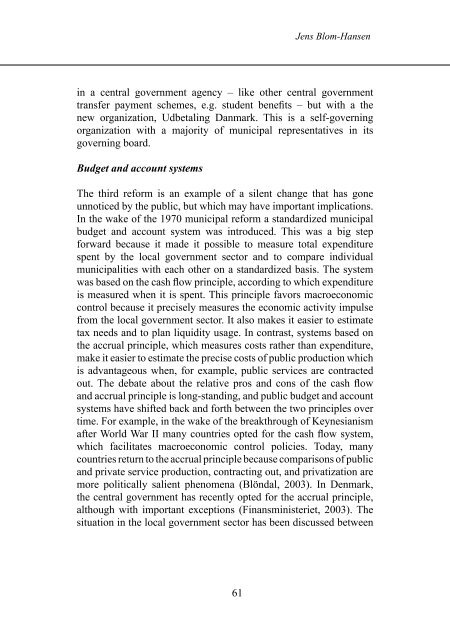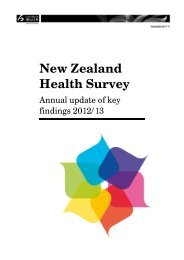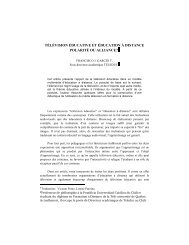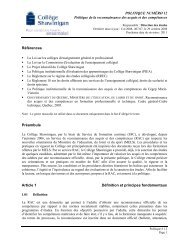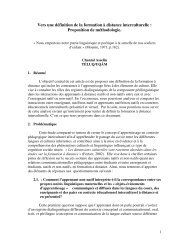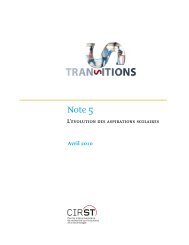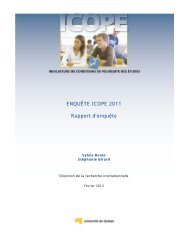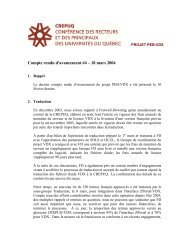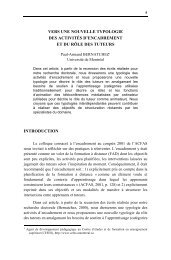61 Rethinking local government: Essays on municipal reform - VATT
61 Rethinking local government: Essays on municipal reform - VATT
61 Rethinking local government: Essays on municipal reform - VATT
You also want an ePaper? Increase the reach of your titles
YUMPU automatically turns print PDFs into web optimized ePapers that Google loves.
Jens Blom-Hansenin a central <str<strong>on</strong>g>government</str<strong>on</strong>g> agency – like other central <str<strong>on</strong>g>government</str<strong>on</strong>g>transfer payment schemes, e.g. student benefits – but with a thenew organizati<strong>on</strong>, Udbetaling Danmark. This is a self-governingorganizati<strong>on</strong> with a majority of <strong>municipal</strong> representatives in itsgoverning board.Budget and account systemsThe third <strong>reform</strong> is an example of a silent change that has g<strong>on</strong>eunnoticed by the public, but which may have important implicati<strong>on</strong>s.In the wake of the 1970 <strong>municipal</strong> <strong>reform</strong> a standardized <strong>municipal</strong>budget and account system was introduced. This was a big stepforward because it made it possible to measure total expenditurespent by the <str<strong>on</strong>g>local</str<strong>on</strong>g> <str<strong>on</strong>g>government</str<strong>on</strong>g> sector and to compare individual<strong>municipal</strong>ities with each other <strong>on</strong> a standardized basis. The systemwas based <strong>on</strong> the cash flow principle, according to which expenditureis measured when it is spent. This principle favors macroec<strong>on</strong>omicc<strong>on</strong>trol because it precisely measures the ec<strong>on</strong>omic activity impulsefrom the <str<strong>on</strong>g>local</str<strong>on</strong>g> <str<strong>on</strong>g>government</str<strong>on</strong>g> sector. It also makes it easier to estimatetax needs and to plan liquidity usage. In c<strong>on</strong>trast, systems based <strong>on</strong>the accrual principle, which measures costs rather than expenditure,make it easier to estimate the precise costs of public producti<strong>on</strong> whichis advantageous when, for example, public services are c<strong>on</strong>tractedout. The debate about the relative pros and c<strong>on</strong>s of the cash flowand accrual principle is l<strong>on</strong>g-standing, and public budget and accountsystems have shifted back and forth between the two principles overtime. For example, in the wake of the breakthrough of Keynesianismafter World War II many countries opted for the cash flow system,which facilitates macroec<strong>on</strong>omic c<strong>on</strong>trol policies. Today, manycountries return to the accrual principle because comparis<strong>on</strong>s of publicand private service producti<strong>on</strong>, c<strong>on</strong>tracting out, and privatizati<strong>on</strong> aremore politically salient phenomena (Blöndal, 2003). In Denmark,the central <str<strong>on</strong>g>government</str<strong>on</strong>g> has recently opted for the accrual principle,although with important excepti<strong>on</strong>s (Finansministeriet, 2003). Thesituati<strong>on</strong> in the <str<strong>on</strong>g>local</str<strong>on</strong>g> <str<strong>on</strong>g>government</str<strong>on</strong>g> sector has been discussed between<str<strong>on</strong>g>61</str<strong>on</strong>g>


